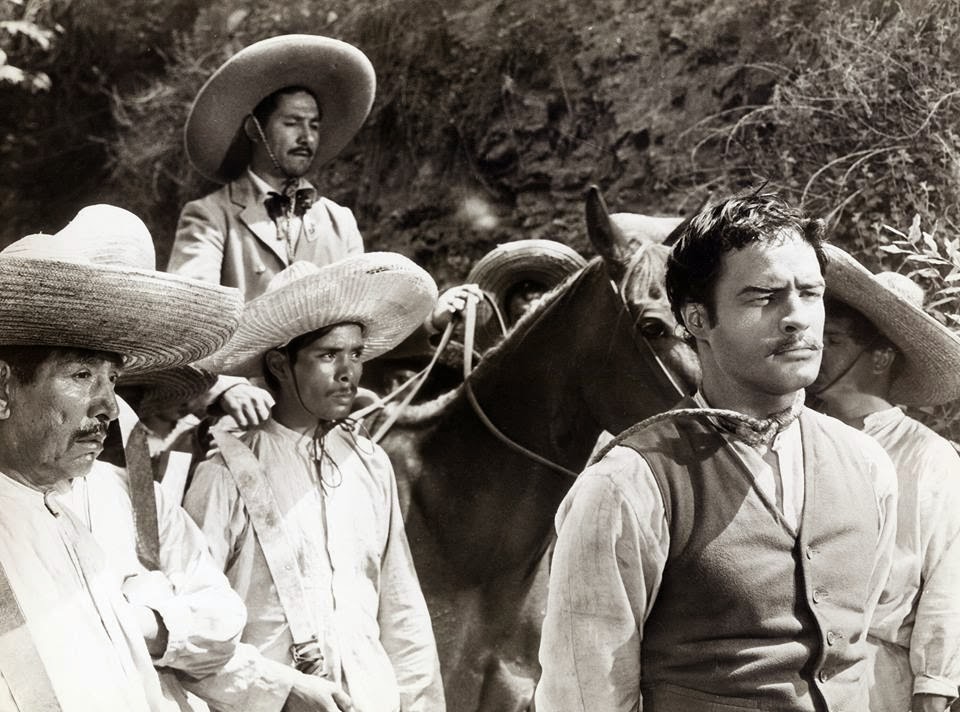Entr'acte

Entr'acte , René Clair - (1924) The virtual image which becomes actual does not do so directly, but becomes actual in a different image, which itself plays the role of virtual image being actualized in a third, and so on to infinity: The dream is not a metaphor but a series of anamor phoses which sketch out a very large circuit. [....] When the sleeper is given over to the actual luminous sensation of a green surface broken by white patches, the dreamer who lives in the sleeper may evoke the image of a meadow dotted with flowers, but this image is only actualized by already becoming the image of a billiard table furnished with balls, which in turn does not become actual without becoming something else. These are not metaphors, but a becoming which can by right continue to infinity. In René Clair's Entr'acte, the dancer's tutu seen from beneath 'spreads out like a flower', and the flower 'opens and closes its corolla, enlarges its petals, and lengthens its st...











